Explore the Best AI Image Gallery

Pixels to Podium: How AI is Transforming Product Photography
The world of product photography has always been a delicate dance between creativity and technical precision. However, with the advent of artificial intelligence (AI), this landscape is undergoing a seismic shift. From generating stunning visuals to streamlining workflows, AI is revolutionizing how we capture and present products to the world.
AI: A Creative Catalyst
AI algorithms are becoming increasingly adept at mimicking human creativity. They can analyze vast datasets of images to understand composition, lighting, and styling, enabling them to generate unique and captivating product photographs. This opens up exciting possibilities for brands to create diverse and engaging visuals without the need for extensive studio shoots or professional photographers.
The Power of Automation
Beyond creative generation, AI streamlines the entire product photography process. Algorithms can automate tasks such as background removal, object detection, and image retouching, significantly reducing time and labor costs. This allows businesses to focus on other aspects of their operations while ensuring consistent and high-quality imagery.
Applications Across Industries
The impact of AI in product photography extends across a wide range of industries:
- E-commerce: AI-powered tools can generate personalized product visuals based on customer preferences, enhancing the online shopping experience.
- Fashion & Retail: Virtual try-on technology powered by AI allows customers to visualize how products look on them, reducing returns and increasing sales.
- Manufacturing & Industrial: AI can create precise product visualizations for technical documentation, marketing materials, and online catalogs.
Ethical Considerations
While the potential benefits of AI in product photography are undeniable, its crucial to address the ethical considerations that accompany this technology:
- Job displacement: The automation capabilities of AI may lead to job losses in traditional photography roles.
- Bias and representation: AI algorithms can inherit biases from the data they are trained on, potentially leading to inaccurate or unfair representations in product imagery.
- Transparency and accountability: Its important to ensure transparency in how AI-generated images are created and who is responsible for their potential impact.
The Future of Product Photography
AI is poised to continue reshaping the world of product photography. We can expect:
- More realistic and immersive visuals: Advances in AI will enable the creation of hyperrealistic product imagery that blurs the line between the physical and digital worlds.
- Personalization at scale: AI will empower brands to create personalized product experiences tailored to individual customer preferences.
- Ethical frameworks and regulations: As AI technology evolves, its crucial to establish ethical guidelines and regulations to ensure responsible and equitable use in product photography.
The future of product photography is undoubtedly intertwined with AI. By embracing this transformative technology while addressing its ethical implications, we can unlock new creative possibilities and elevate the way products are presented and experienced.

](https://images.ai-img.art/thumbnails/150/45d068cbdc39002eccc21e2169438a3c142426219fda8c9e027c536cdf66811e.webp)
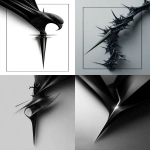
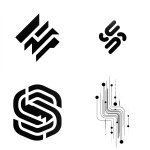

](https://images.ai-img.art/thumbnails/150/55e9c8ac48f7ca1311ec4a843e2616aa87c73e2217901ac138d198afb0b4f1db.webp)
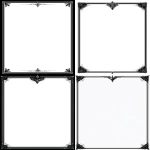
](https://images.ai-img.art/thumbnails/150/cc8f7b8338e849e1e11a902ac51eda96c8f710e5d829c5b4d57b56fa05d28e95.webp)
](https://images.ai-img.art/thumbnails/150/89d86a1c20e8844b6d4ce23cf0e6ae10c19923617b6be16cac5d3cc513bf9c4e.webp)
](https://images.ai-img.art/thumbnails/150/78a1311461ccc4b60dd1430d56ee04b3b5612a3145aef0a32196168d5489fdf3.webp)
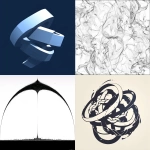
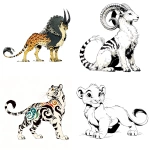
](https://images.ai-img.art/thumbnails/150/c04f7210bb9d35279503ff64ad44a9826d6909838f777fb1edd0fdece2ac7c70.webp)

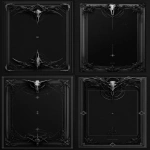

](https://images.ai-img.art/thumbnails/150/f9928aee79da6b2028ac7a7129ac30e6475a85d5300661776fde267c2da839ab.webp)
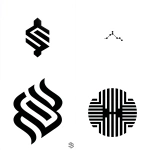
](https://images.ai-img.art/thumbnails/150/f1cbba604c7411267acd95acaa4746a5ee006a25ade5e596a9501884b384e1dd.webp)
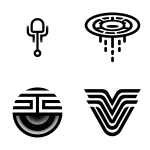
](https://images.ai-img.art/thumbnails/150/bbf691f1c69e4801062c68d0435463c5bf76258e3984fbe3cc25e9e46174cf88.webp)

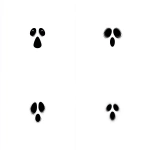

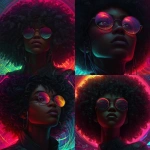
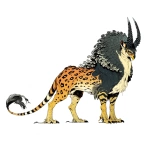
](https://images.ai-img.art/thumbnails/150/9ad2f4d771346182f4c9b6d1712edfd0b6b776f37b75dac606a8e03b1bd2dc47.webp)
](https://images.ai-img.art/thumbnails/150/5b3fca49762c8c532ff70f250ca3b5900bac75be98d6c82f8f7a220465ad534a.webp)
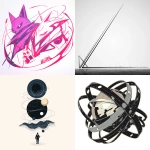
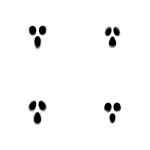


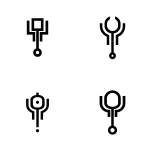
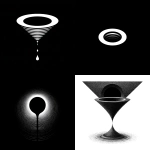
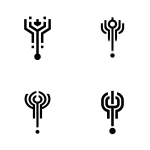


](https://images.ai-img.art/thumbnails/150/8884a7a8953b23d6c882f33524c10e09d320bbce4f305f2c7e79c402d82c1760.webp)
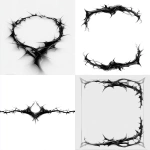
](https://images.ai-img.art/thumbnails/150/16ec42833d204af37c75cc776a794c54661cbfe1061c899680a4976a7f74cd51.webp)
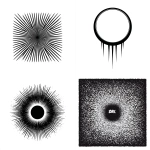

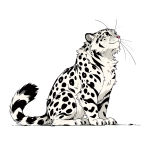

](https://images.ai-img.art/thumbnails/150/4d725f4d5380eb583bdebf0aad4c789acd6782398b4050f01f350a939dd4c2af.webp)
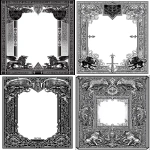
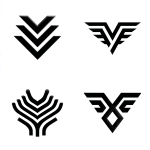

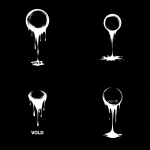
](https://images.ai-img.art/thumbnails/150/03de477e462377e62b34fea23ab1cbf6d4557f4077cc8bed9f23388af1200721.webp)